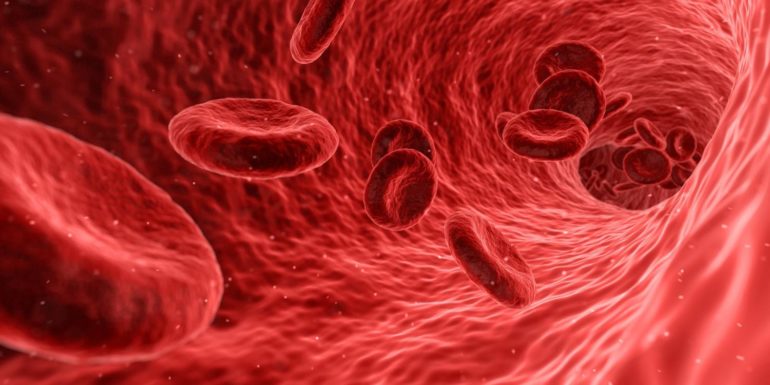A compound produced in the gut when we eat red meat damages our arteries and may play a key role in boosting risk of heart disease as we get older, according to new University of Colorado Boulder research.
The study, published this month in the American Heart Association journal Hypertension, also suggests that people may be able to prevent or even reverse such age-related decline via dietary changes and targeted therapies, like novel nutritional supplements.
“Our work shows for the first time that not only is this compound directly impairing artery function, it may also help explain the damage to the cardiovascular system that naturally occurs with age,” said first author Vienna Brunt, a postdoctoral researcher in the Department of Integrative Physiology.
Eat a slab of steak or a plate of scrambled eggs, and your resident gut bacteria get to work immediately to break it down. As they metabolize the amino acids L-carnitine and choline, they churn out a metabolic byproduct called trimethylamine, which the liver converts to trimethylamine-N-Oxide (TMAO) and sends coursing through your bloodstream.
Previous studies have shown that people with higher blood levels of TMAO are more than twice as likely to have a heart attack or stroke and tend to die earlier.
But to date, scientists haven’t completely understood why.
Drawing on animal and human experiments, Brunt and her team set out to answer three questions: Does TMAO somehow damage our vascular system? If so, how? And could it be one reason why cardiovascular…



